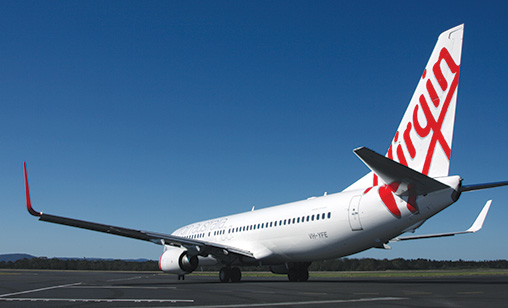Orient Aviation 2020 Year in Review
December 1st 2020
APRIL
Virgin Australia (VA) was one of the first casualties of the pandemic after it entered administration. Read More » Australia’s second largest airline group had been in a stretched financial position heading into the COVID-19 crisis and had sought government assistance to avoid taking this step. The Australian government rejected all nine proposals VA put forward for support. Deloitte was appointed administrator and the search began for a new owner of a company with debts of US$5.1 billion. VA’s five major shareholders – Etihad Airways, HNA Group, Nanshan, Singapore Airlines and Sir Richard Branson’s U.K.-based Virgin Group – who collectively held about 90% of the airline group were either unable or unwilling to provide financial support to VA.
Indian Ocean-based Air Mauritius collapsed into voluntary administration during the month. The pandemic had led to a “complete erosion of the company’s revenue base”, the airline said, with the board appointing Grant Thornton as administrator.
 |
IATA published figures that revealed domestic flights worldwide were down 70% in April compared with the start of the year.
China’s “Big Three” carriers, – Air China, China Eastern Airlines and China Southern Airlines – reported a combined net loss of 14 billion yuan (US$2.1 billion) for the three months to March 31. The result represented a deterioration of 21 billion yuan, given the three airline groups posted a combined net profit of 7.4 billion yuan for the same months in 2019.
Malaysia Airlines said it would operate one international flight during the months of May and June because of government travel restrictions and closed borders and also would curtail its domestic schedule.
In Japan, All Nippon Airways and Japan Airlines said flight bookings for the Golden Week holiday were down more than 96% for international travel and about 87% for domestic travel. The Japanese government declared a State of Emergency in response to the coronavirus pandemic.
The suspension of so many passenger flights led to a shortage of cargo capacity in some markets. As a result, airlines have been operating passenger aircraft as cargo-only services and placing items on seats in the cabin.
Airbus outlined a modification package for its A330s, A340s and A350s, which accommodated cargo pallets on the passenger deck when economy class seats were removed. The temporary solution, being certified by the European Union Aviation Safety Agency (EASA), allows a typical A350 to carry an additional 7.8 tonnes of freight on top of normally carried belly cargo, Airbus said.